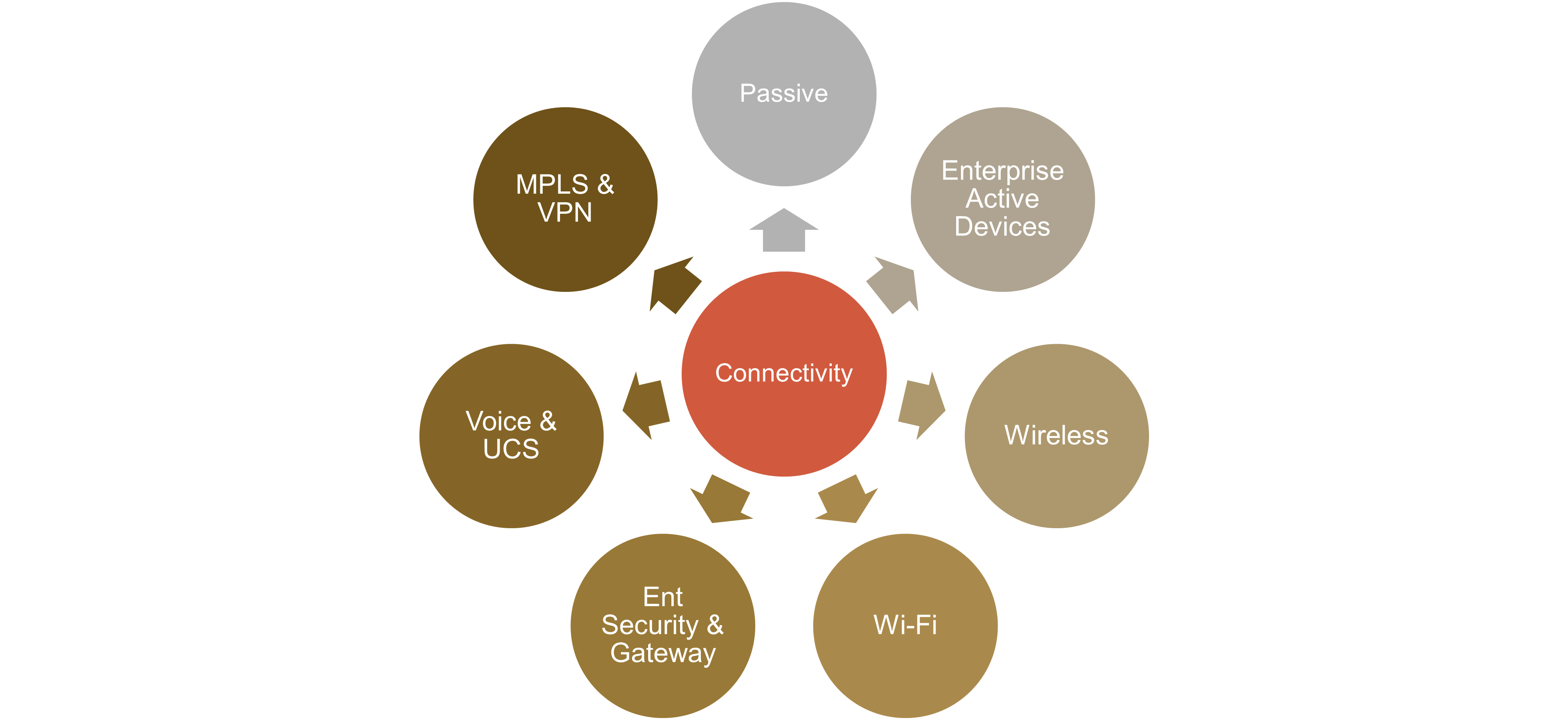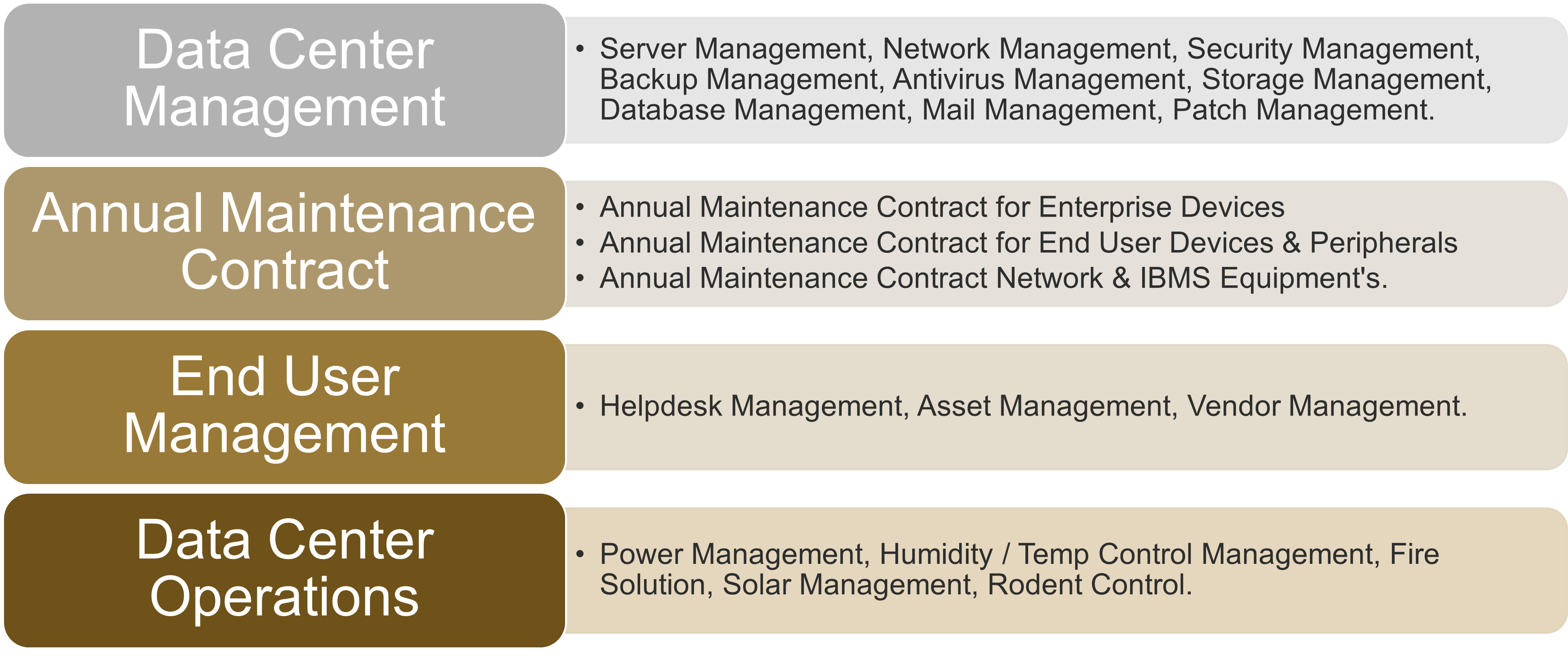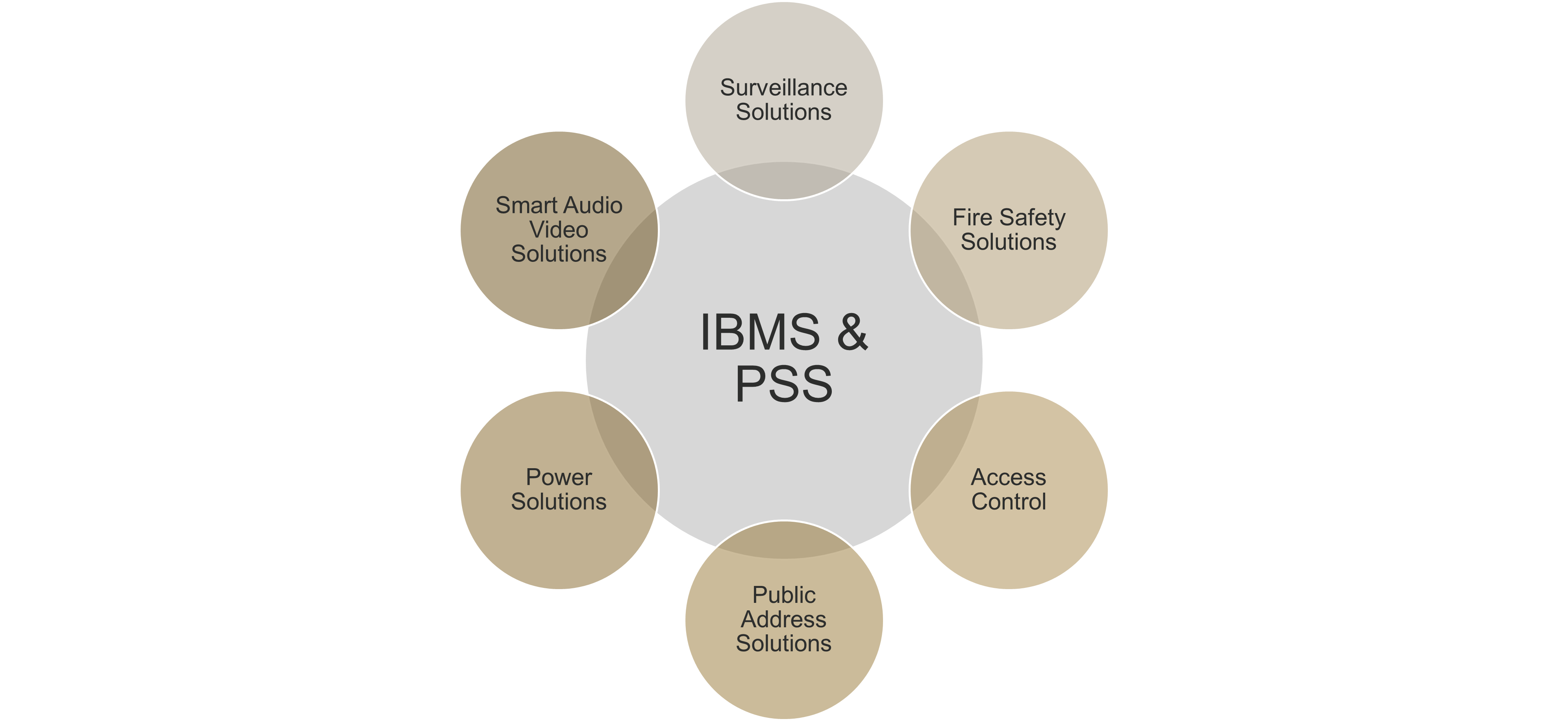
Services
Enterprise Connectivity
Enterprise Connectivity refers to the systems, networks, and technologies that enable communication, data exchange, and collaboration across various parts of a business or organization. This involves the infrastructure and tools that allow different departments, locations, devices, and users within an enterprise to securely connect and work together, as well as with external partners, customers, and vendors.
Passive
Enterprise Active Devices
Wireless
Wi-Fi
Ent Security & Gateway
Voice & UCS
MPLS & VPN

Services
Computing
Computing refers to the use of computers and related technology to process, store, and manage data, perform calculations, and execute tasks. At its core, computing is about harnessing the power of hardware and software to solve problems, automate processes, and enable digital transformation across various fields.
Desktop & Laptops
Peripherals
Enterprise Servers
Thin Client
Mobility
Data Backup & Storage

